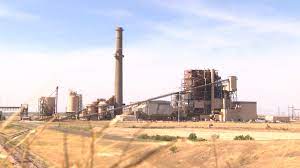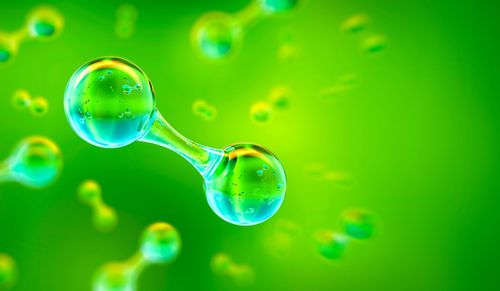Global Bioenergies, the French eFuels producer, says it has adapted its process for the conversion of plant resources into SAF to produce e-SAF, using acetic acid as a resource, according to a news release.
e-SAFs are derived from the combination of CO2 and hydrogen produced from renewable electricity: acetic acid can be produced from these two elements alone. e-SAFs maximize decarbonation impacts and offer an alternative to bio-SAFs, whose production relies on the use of plant resources.
The e-SAF approach developed by Global Bioenergies stands out for its selectivity of over 95%, meaning that more than 95% of the molecules resulting from the process can be marketed as jet fuel. This selectivity exceeds that of other existing e-SAF technologies.
SAFs and e-SAFs are regulated by the European Union’s ReFuelEU Aviation regulation. By 2030, aircrafts taking off from European airports will be required to carry on average in their tank:
- 4.8% bio-SAF, produced from plant resources, mandate which includes Global Bioenergies’ bio-SAF process from plant resources, and
- 1.2% e-SAF produced from CO2 and low-carbon electricity, mandate which includes Global Bioenergies’ e-SAF process.







